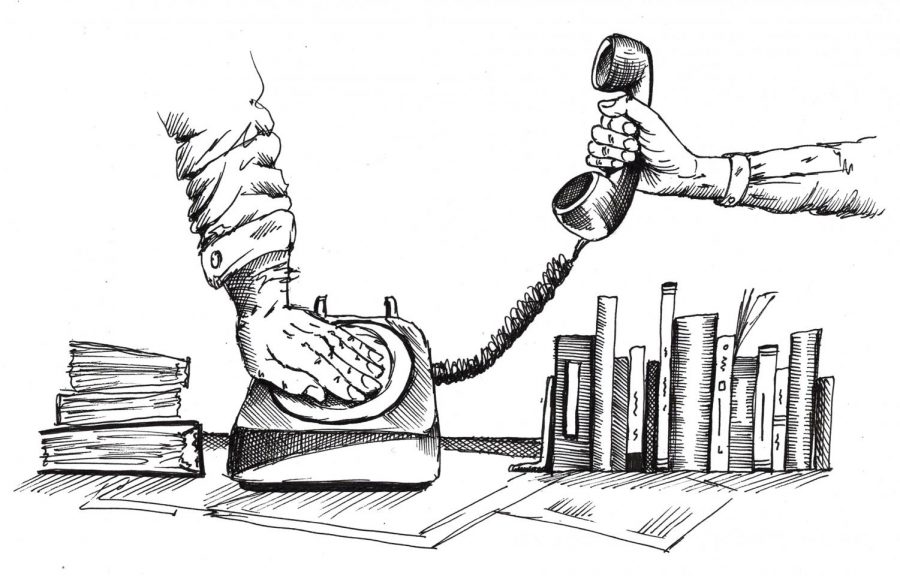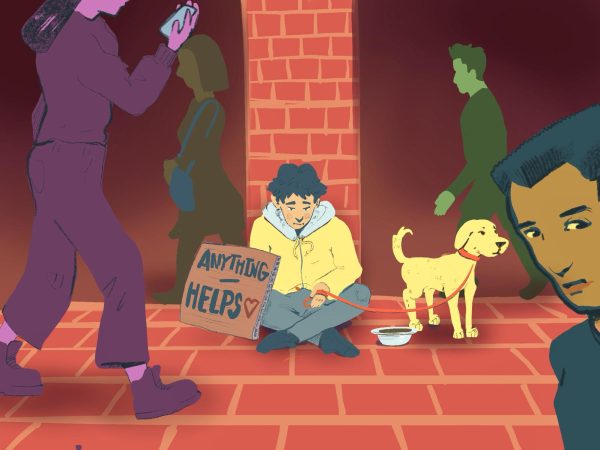Mandated reporting issue
April 25, 2018
For some people it’s a friend, others a family member, sometimes a professor. We all have someone we trust in our lives who we can turn to with issues or concerns.
But when is that person legally obligated to share those conversations with law enforcement?
As mandated reporters, all faculty, supervisors, University officials and police services employees are required to report any sexual misconduct they’re informed of.
Yes, this policy has good intentions. It is designed to protect students and hold perpetrators accountable.
Yet, the drawbacks of this system outweigh the benefits. Suppose a student confides in a coach about a stalker from a relationship turned sour — now, the coach is legally bound to report this case, without the consent of the student.
Mandated reporting removes the power from the victim’s hands and disenfranchises them, pushing victims out of the reporting process and instilling fear in them. It’s hard to confide in a professor or supervisor when there can be consequences from sharing.
By the time most students enter college, we are legally adults. At this age, there is no reason why we students shouldn’t have control over our own narratives and our own lives.
Mandated reporting assumes victims do not know what is best for them. As the person who has lived through the experience, there is no reason why they shouldn’t have the final say in when they report incidents and how they wish to proceed.
Instead of enforcing mandated reporting, we should leave this choice to students. It allows them to be independent, make their own choices and build stronger relationships.
Without fear of their conversations being reported, students can have open and honest discussions and share what they feel most comfortable with, while deciding the next steps to take.

















![Can’t buy me [self] love](https://vtcynic.com/wp-content/uploads/2024/04/self-care-FINAL-600x398.jpg)
